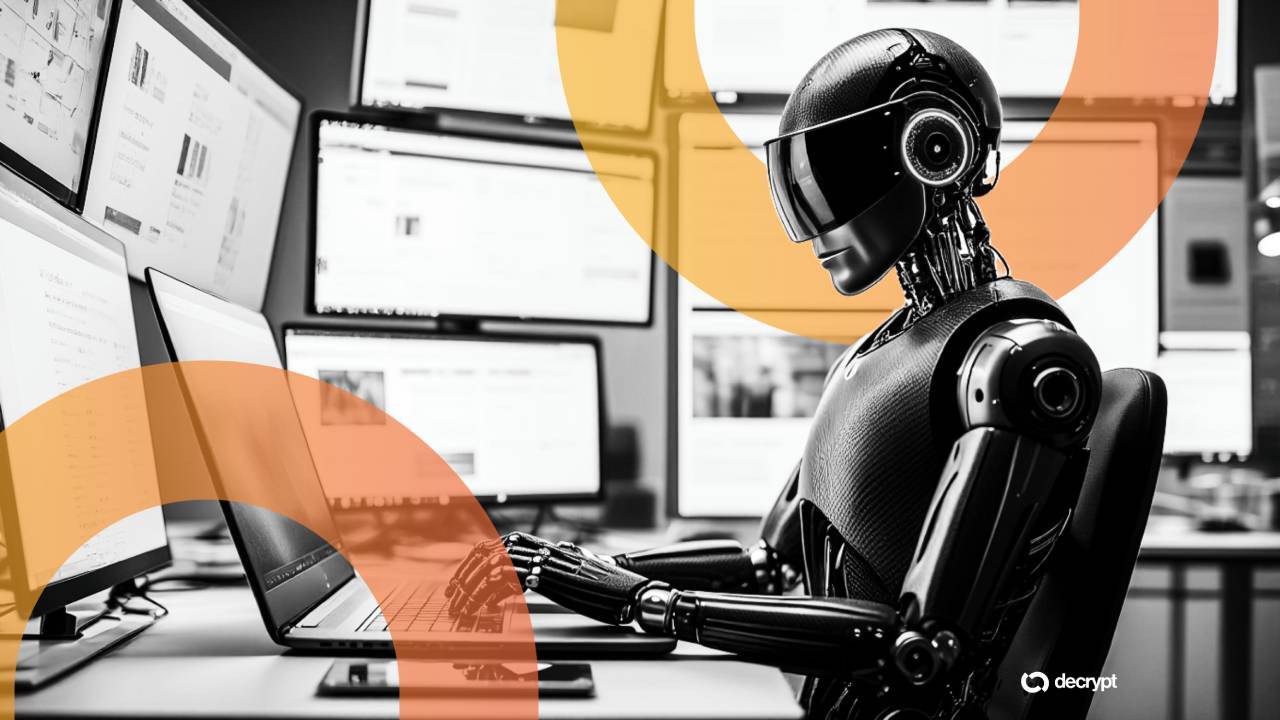Peaq’s Tokenized Robo-Farm Revolution Hits Hong Kong - Agriculture Meets DeFi

Hong Kong just became the testing ground for the world's first fully tokenized robotic farm—and it's running on blockchain.
THE AUTOMATION EDGE
Peaq's network now hosts autonomous farming units that operate 24/7 without human intervention. Sensors monitor crop growth while smart contracts handle everything from nutrient distribution to harvest timing.
TOKENIZED TOMATOES
Each plant gets digitized as an NFT representing ownership stakes. Investors can trade fractionalized farm shares globally—because apparently Wall Street wasn't speculative enough without adding volatile cauliflower futures to the mix.
BLOCKCHAIN GROWS LEGS
The project demonstrates real-world asset tokenization moving beyond theoretical use cases. Hong Kong's regulatory sandbox provided the perfect incubation environment for merging agricultural robotics with decentralized finance.
As traditional finance still debates blockchain utility, Peaq's robo-farm quietly generates yield in both crops and crypto—proving sometimes the smartest money grows on tokenized trees.
Where tokens come in
Tokenization, the process of turning ownership rights in a real-world asset into digital tokens on a blockchain, will underpin the project’s financial model.
In this case, the farm’s revenues will be represented as non-fungible tokens on the Peaq blockchain, giving holders a share of the cash flow. DualMint is managing the tokenization, with an early access waiting list already open for the sale.
Peaq operates as a Layer-1 blockchain built for connected devices and robots. DualMint specializes in bringing revenue-generating businesses, such as laundromats and vending machines, on-chain.
KanayaAI, meanwhile, develops automated vertical farms for urban environments. Together, the three companies frame the Hong Kong project as a way to merge blockchain, automation, and sustainable food production.
The effort builds on broader trends in agricultural robotics.
Companies have already deployed AI-driven robots that remove weeds, MOVE plants in nurseries, and harvest crops in controlled environments. In Arizona, modular robotic vertical farming systems, like Opollo Farm, are already shipping leafy greens directly to markets.
Still, some challenges persist. Those include high capital and operating costs, particularly for energy-intensive lighting and climate control, which can limit scalability.
Running AI-driven robotic systems also requires capital, technical expertise, and access to power, creating barriers for smaller operators. Analysts warn that such systems could concentrate food production among well-funded entities.
By linking farm revenues directly to consumer demand through tokenized cash flow, Peaq aims to show how tokenized automation can provide both sustainable food and a yield-producing asset grounded in everyday demand.
“We’ve entered the most disruptive time humanity has seen,” Dorlöchter said. “The machine economy is here.”
The robo-farm is expected to go live in the fourth quarter of 2025.

